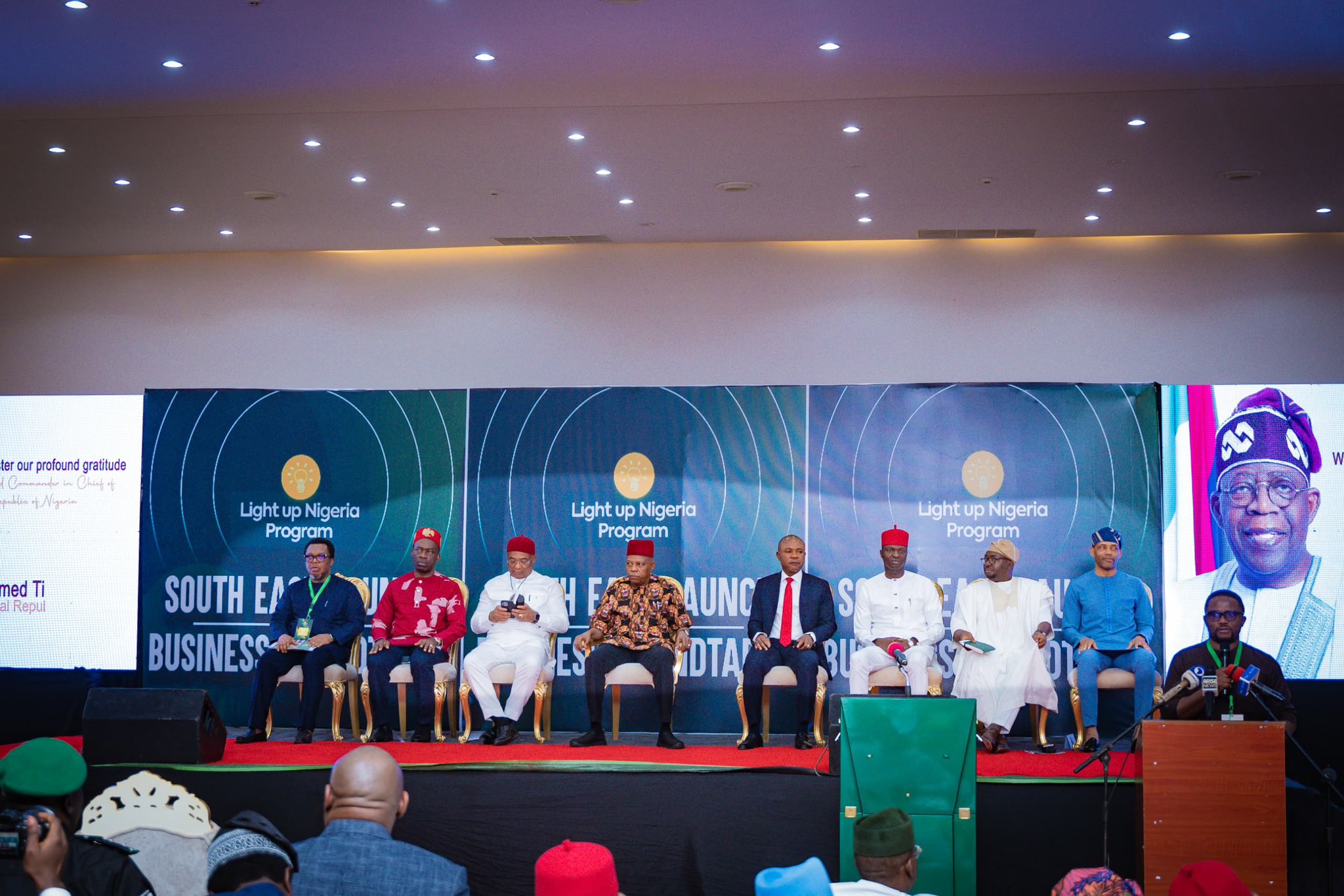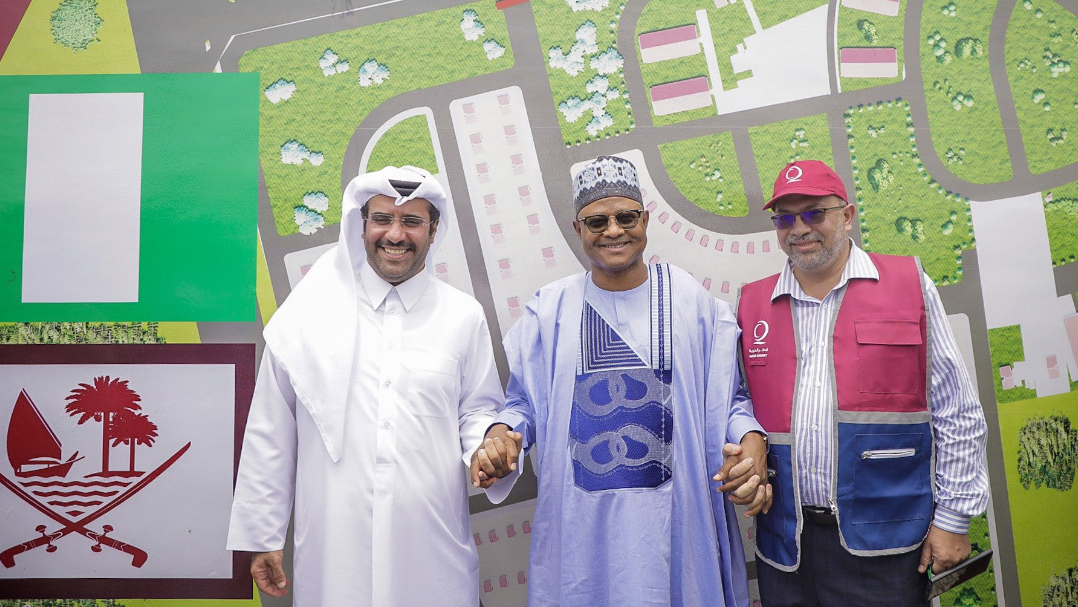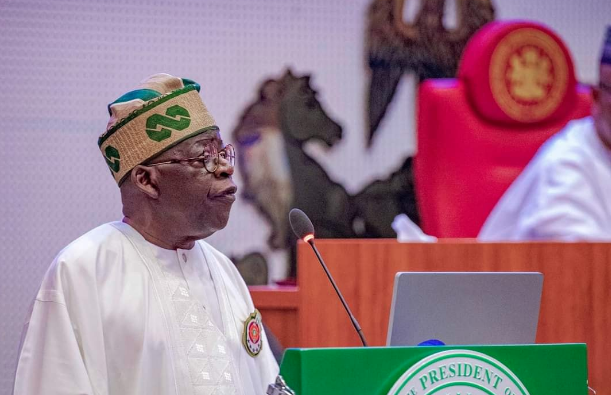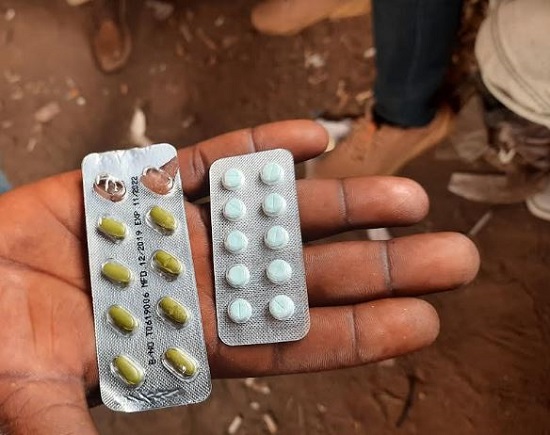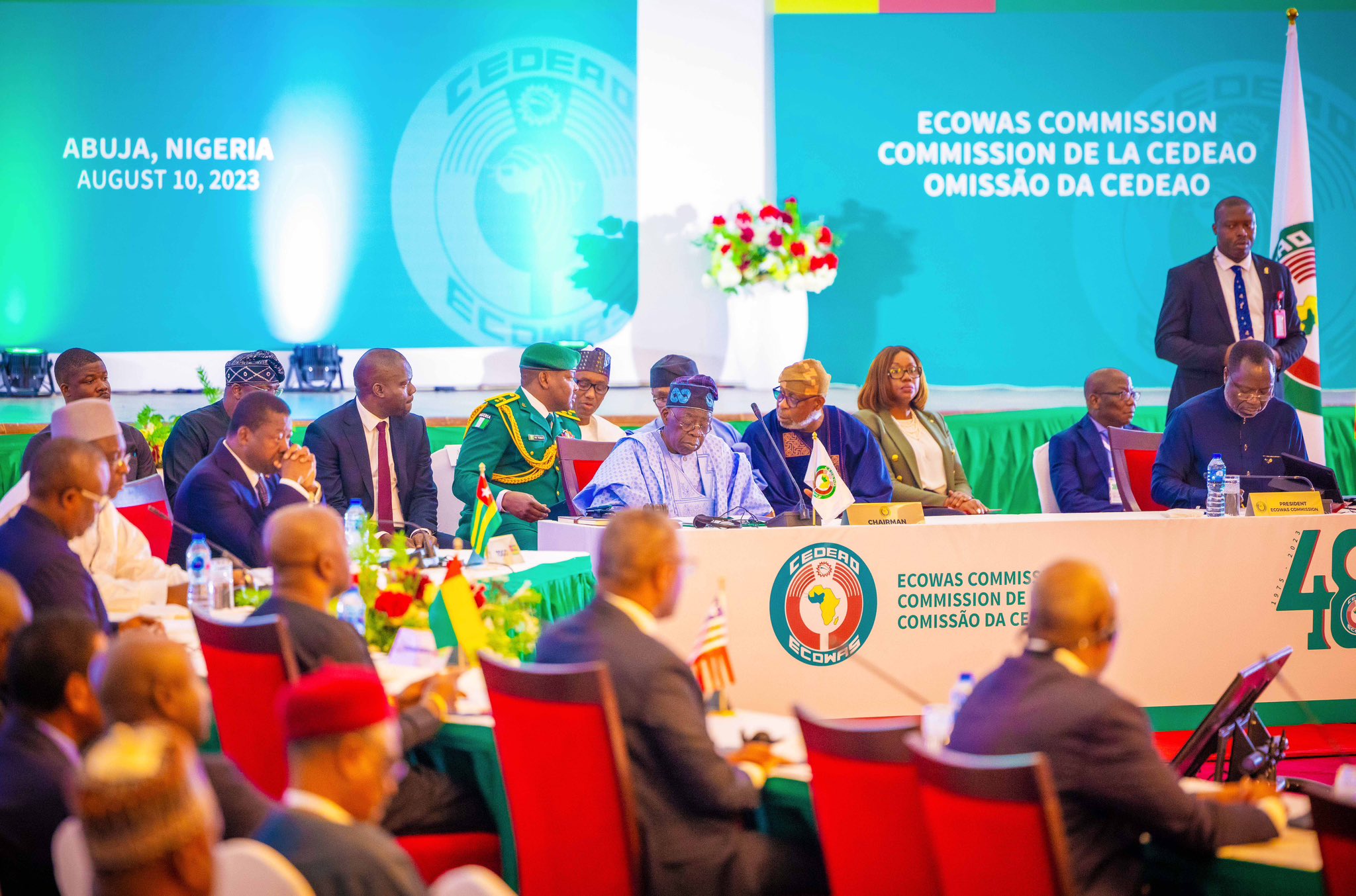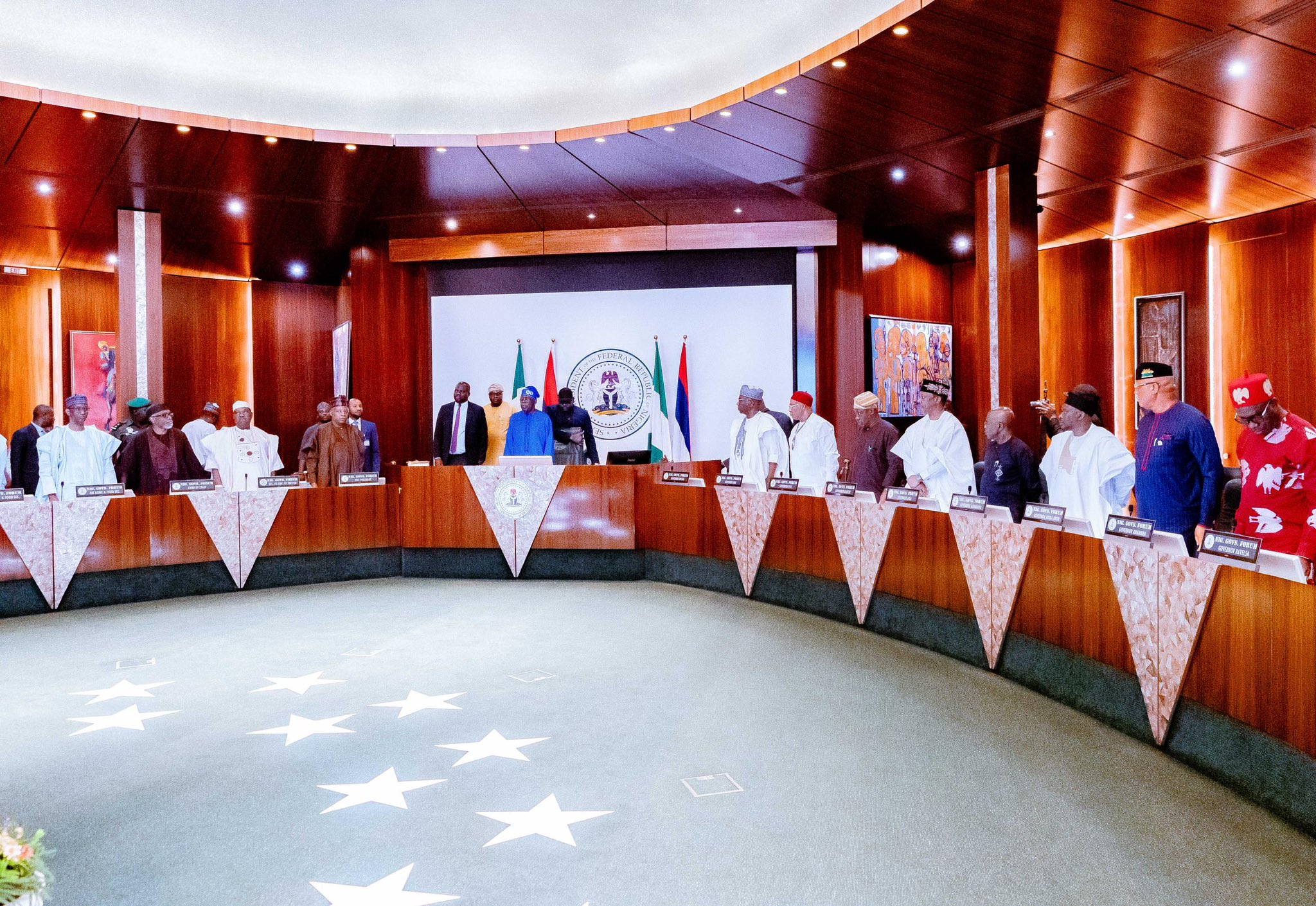Last Monday, two big events took place in the south east: the unveiling of the Light Up Nigeria Project in the region and the commissioning of the 181MW Geometric Power Plant in Abia State (also known as the Aba Integrated Power Project – Aba IPP). Despite the challenges associated with gas infrastructure in the south east, the discussions and commitments made last Monday show that the federal government and the south east governors are determined to light up the region.
Prof Barth Nnaji – the promoter of the Aba IPP – showed the kind of tenacity that is worthy of emulation.
Here is what Prof Nnaji had to say at the commissioning of Aba IPP: ‘’In fact, if the then CEO Dr Herbert Wigwe of blessed memory, the Chief Executive Officer of AMCON, the CEO of Stanbic IBTC, of BOI, and the CBN did not agree to the restructuring that brought in Afreximbank, this project would have died an unnatural death. I also use this opportunity to appreciate the CEO of AMCON for his steadfastness, encouragement, and integrity.”
The Geometric Power Plant had suffered a lot of hiccups in the last twenty years – including a protracted legal battle on whether it had the right to ring-fence Aba after Enugu Electricity Distribution Company (EEDC) had been given a distribution license over the 5 south east states. Geometric had taken loans from Nigerian banks at its inception and these loans, along the way, became bad debts. Luckily, these loans were bought by the Asset Management Corporation of Nigeria (AMCON). In fact, in 2018, AMCON released a list of what it called delinquent debtor firms that owed it N906.1bn in total. Among the alleged debtors in that list were Capital Oil & Gas Limited, whose main promoter was listed as Mr Ifeanyi Ubah, which reportedly owed N115bn; Tinapa Business Resort, which is owned by the Cross River State Government and allegedly owed N36bn; and Geometric Power Limited which owed N29.84bn.
Advertisement
But today, AMCON — which was initially conceived by Professor Chukwuma Soludo when he was governor of the Central Bank of Nigeria and established by his successor, Mallam Sanusi Lamido – has been successful in buying back some of the bad debts of some these companies and has put them on the path of growth. The Geometric Power Plant is part of AMCON’s success story.
The case of Aba IPP is interesting because natural gas would be supplied to its power generating units from Oil Mining Lease (OML) 17 oil field in Owaza, Abia State. OML 17 is operated by a joint venture of two great Nigerian companies – Nigerian National Petroleum Company Limited (NNPCL) and Heirs Holding Company. In 2021, Shell completed the sale of its 30% stake in OML 17 for $533 million to Tony Elumelu’s Heirs Holding Company. Aba IPP is indeed a true Nigerian success story!
The Enyimba Economic City – promoted by Enyimba Economic City Development Company FZE – has even signed a 90MW Power Purchase Agreement (PPA) for the first phase of the proposed Enyimba Economic City with Geometric Power Limited. The Aba IPP has a strong business model!
Advertisement
In the case of the recently launched Light Up Nigeria Project in the south east, the state government and the federal government aim at accelerating power supply in industrial clusters in the region. This would have a semblance of what Aba IPP did by ring fencing 9 Local Governments in Abia State. “This project ensures efficient dispatch of power to the largest consumers via bilateral sales agreements, which overrides the existing bulk purchase arrangements through NBET, leveraging on a willing buyer, willing seller structure’’, the Vice President, Senator Kashim Shettima, added during the unveiling of the Light Up Nigeria Project in the south east. In the Light Up South East Programme, the state and federal governments intend to work with the Niger Delta Power Holding Company and other partners.
In lighting up the region, the south east governors intend to device well-thought-out policies to ensure the sustainability of the electricity market in the region. Issues related to gas supply, electricity tariff and the willing seller-willing buyer model would come to bear. In the sessions and discussions last Monday, one thing was clear: the south east governors are keen on addressing issues related to the sustainability of power generation and distribution in the south east.
The power sector in Nigeria is bedeviled with a lot of challenges. Today, the federal government is subsidizing electricity by paying for the gas used in generating power as Nigerian power users are currently not paying the exact amount for electricity. Last week, the Federal Government paid $120m out of the $1.3bn indebtedness to gas companies for the supply of gas to run gas-fired power plants across the country. This is not sustainable and the south east needs to devise more sustainable models in its electricity market especially now that electricity is on the concurrent list.
In Anambra, the state has short, medium and long-term strategies in terms of lighting up the state. In the short term, the memorandum of understanding signed between EEDC and Anambra is already yielding results in terms of availability of power at peak periods to various industrial clusters. However, the power supplied here is dependent on the supply of electricity to EEDC by the Generating companies. Also, an understanding with the Transmission Company of Nigeria (TCN) has led to the revival of comatose projects and the construction of new 2 x 60MVA substation projects in Anambra at Umuchu and Aguleri.
Advertisement
Issues related to ensuring a sustainable electricity market and attracting capable electricity investors are currently being addressed in Anambra. The Anambra electricity law and policy will soon be unveiled in order to create a robust ecosystem that would create a viable electricity market in the state.
Other initiatives needed to build a sustainable electricity market are being put in place by the Governor Soludo-led Administration in Anambra. A 1.4 million meters per annum electric meter manufacturing plant was recently commissioned in Anambra State. Factories like this would help reduce the loss of revenue experienced by energy companies as a result of having large chunks of unmetered electricity users. As at September 2023, NERC reported that only 44% of Nigerian electricity customers were metered. Obviously, having a large number of unmetered customers makes the electricity industry in Nigeria unsustainable. For energy companies to be in business, customers must be well metered and must pay as at when due.
There are also plans to power the 3 brand new cities that would be coming up in Anambra in the coming years with a mixture of renewable and non-renewable energy sources.
Affordable and constant electricity would catalyze the manufacturing potential of the south east. Prof Nnaji’s model of an integrated power outfit would need to be replicated in many cities in the south east.
Advertisement
Nwankwo is the Special Adviser on Special Projects to Soludo
Advertisement
Views expressed by contributors are strictly personal and not of TheCable.
Add a comment

